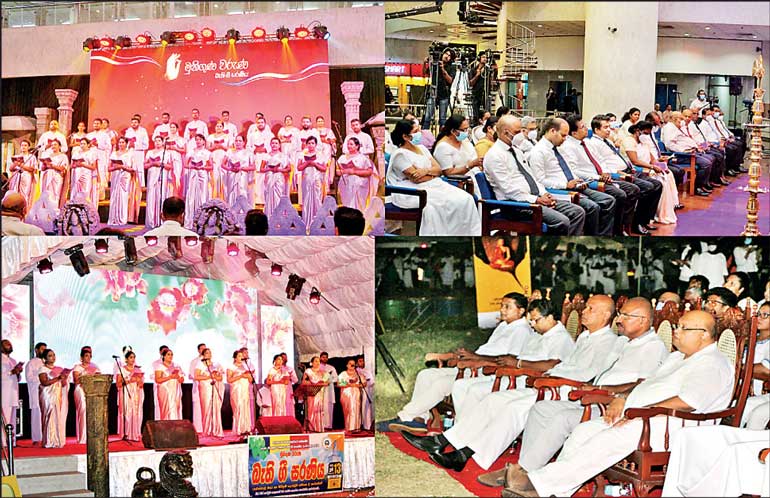Image courtesy of Daily FT.
The Court of Appeal has affirmed an August 31, 2023 dated decision of the Right to Information Commission (RTI Commission) ordering the Peoples Bank to disclose information on disbursements of moneys to various people by its Anuradhapura Regional branch in regard to a ‘Poson Poya almsgiving‘ and ‘Poson Bathi Gee‘ held in 2022, further ordering costs of Rs 100,000 to be paid by the bank.
The bank had appealed to the Court on the basis that, inter alia, the Commission’s decision is ‘misconceived in law, arbitrary, contrary to law and established judicial principles and conflicts with the rights/interests of third parties.’ However, the Court held that the requested information does not fall within the scope of Section 5(1)(a) of the Right to Information Act which pertains to personal information.
“Specifically, the disclosure of a name or the identity of an institution to which the Petitioner has directed payments from public funds does not, in itself, constitute an unwarranted invasion of privacy of such third party. Such information relates directly to the use of public resources, which is inherently subject to public scrutiny. Public institutions operate under the principle of accountability, and their expenditures should be transparent to ensure that they adhere to legal, ethical, and financial standards,” Justice M.C.B.S. Morais observed with Justice R. Gurusinghe agreeing in a judgment handed down this Tuesday (November 26).
“Consequently, the disclosure of such information should not be withheld unless there is a compelling reason to demonstrate that doing so would harm an individual’s right to privacy in a manner that outweighs the public interest and transparency,” the Court said, adding that, “the financial dealings of a public institution—particularly those involving payments made from public funds—cannot be categorised as confidential or exempt from disclosure.”
The RTI request had been filed by a citizen, D. Sarathchandra, who had argued that there is public interest in disclosing how the Buddhist Society of the Regional Branch of the Peoples Bank had spent its moneys on a public event. Upon the bank refusing to disclose the information under Section 5(1)(a), his appeal to the Commission was upheld with the bank then appealing to the Court of Appeal.
The Court agreed with the reasoning of the Commission that Section 3(1) of the RTI Act “ensures that any information held by anybody or entity that forms part of a public authority, including subsidiaries or internal divisions, is subject to the same transparency and accountability standards as any other records maintained by the parent organization.”
The bench pointed out that while the protection of personal information is a legitimate concern, it must be balanced against the public’s right to access information about the use of public funds. “Just as every co-owner of a land has ownership over every square inch of that land, any amount of money spent by a public authority must be accountable and made available for scrutiny when inquired by a member of the public who is interested, unless it is withheld for cogent and cohesive reasons,” Justice Morais said in a strong affirmation of the public’s ‘right to know.’
By Ranjith Padmasiri Sunday Times
